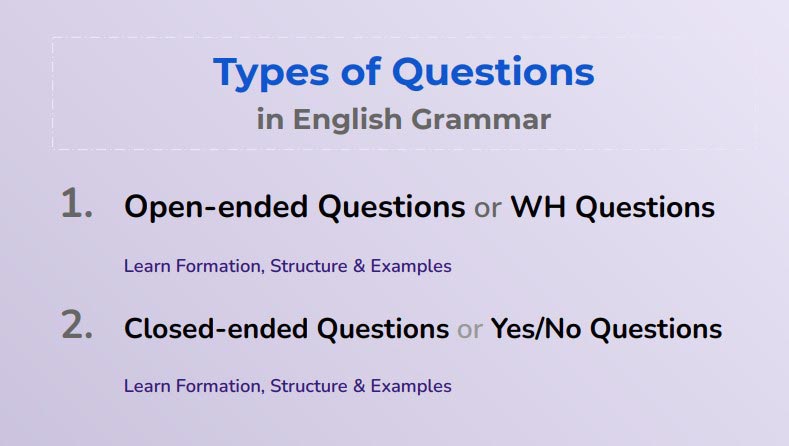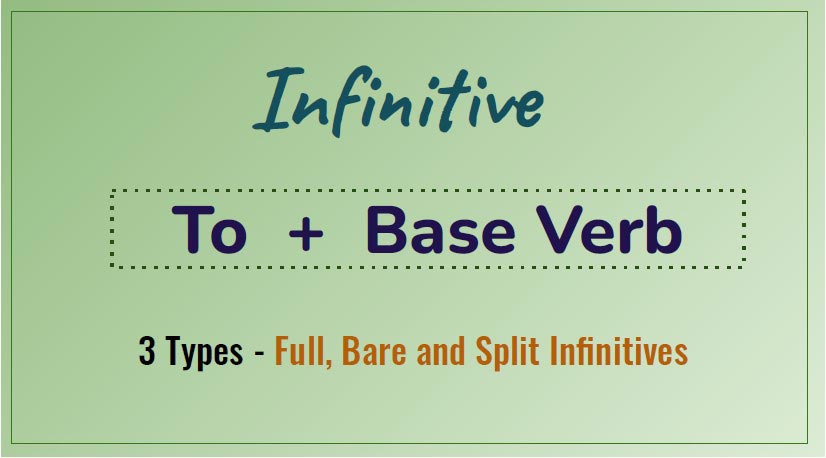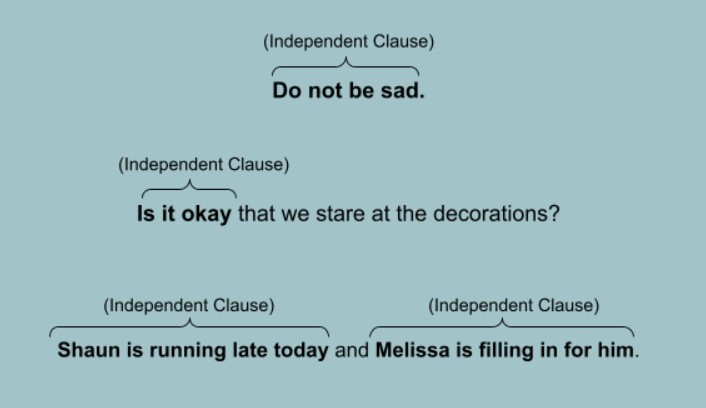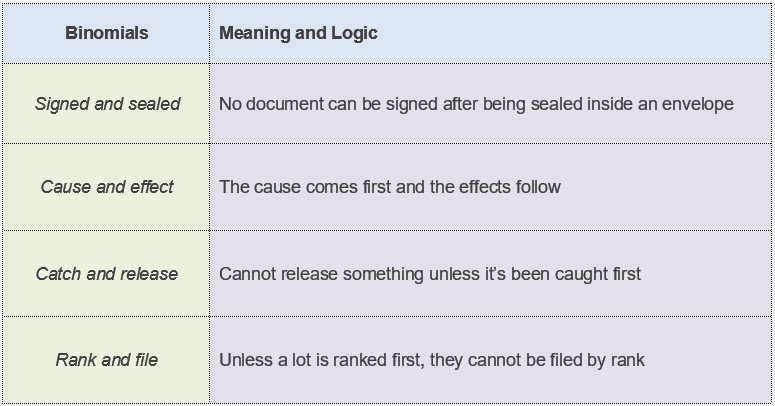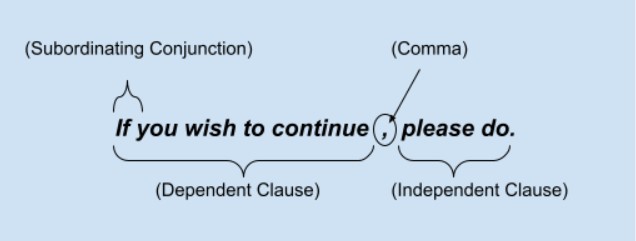Case: Definition, Types & Examples
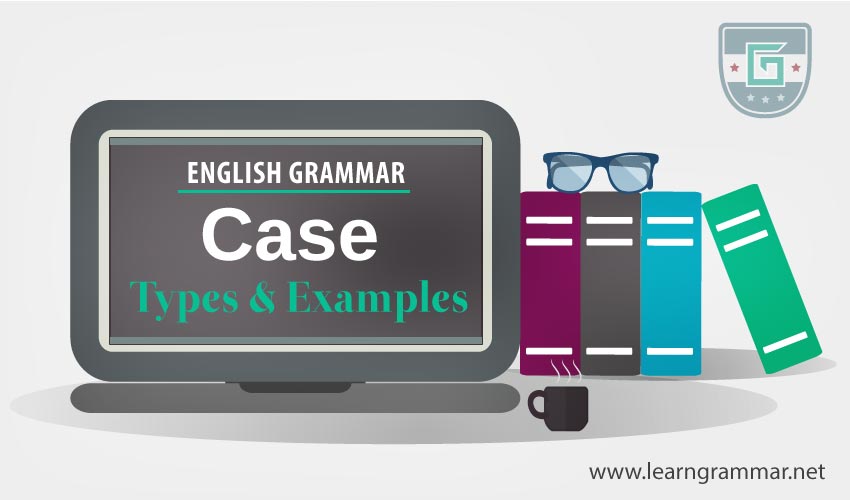
Cases indicate the grammatical functions of nouns and pronouns according to their relation with rest of the words in a sentence.
In modern English, there are only three kinds of cases.
Subjective Case (Nominative Case)
When a noun or a pronoun works as a subject in the sentence, a subjective case appears.
Example:
- Louis works in the management.
- He works very hard for the company.
- I love to watch movies in my free time.
- Reading is a very good habit.
Objective Case
When a noun or a pronoun works as an object in the sentence, an objective case appears.
Example:
- Robert does not eat burgers.
- He loves pizza.
- Robert told me that.
- Alex follows Robert.
Possessive Case
Possessive cases indicate a relationship of possession or belongingness between two nouns or a noun and a pronoun.
Example:
- Robin’s house is near the river. (Two nouns related in the basis of possession.)
- His brother lives in the city. (A pronoun and a noun)
- My family does not approve this.
- Shaun’s wife has passed away.
Note: The pronoun changes its form in different cases.
| Subjective | Objective | Possessive |
| I We You He She They It Who |
Me Us You Him Her Them It Whom |
My, mine Our, ours Your, yours His Her, hers Their, theirs Its Whose |
There is another kind of case. It is called the vocative case. This case is similar to the subjective case in term of spelling. The vocative case indicates a person being addressed directly by his/her name. This name is separated by a comma.
Example:
- Robert, could you please open the door?
- You, watch out the bus.
- Listen to me, Russel.
- How are you, Susan?
Grammar
Read More
- How to Use "Therefore" in Sentences Avoiding Common Mistakes
- How to Use "Whereas" with Examples and Avoid Common Mistakes
- When and How to Use "Thus" Correctly Without Common Mistakes
- How to Use "On the Contrary" Properly with Meaning and Examples
- When and How to Use "Either/Or" with Examples and Common Mistakes to Avoid
- How to Use "On the Other Hand" Effectively without Mistakes
- How to Use "Respectively" with Example and Common Errors to Avoid
- How and When to Use "Moreover" Without Mistakes
- How to Use "Likewise" in Sentences Based on Context & When not to Use
- When & How to Use "Although" in Sentences to Avoid Mistake

